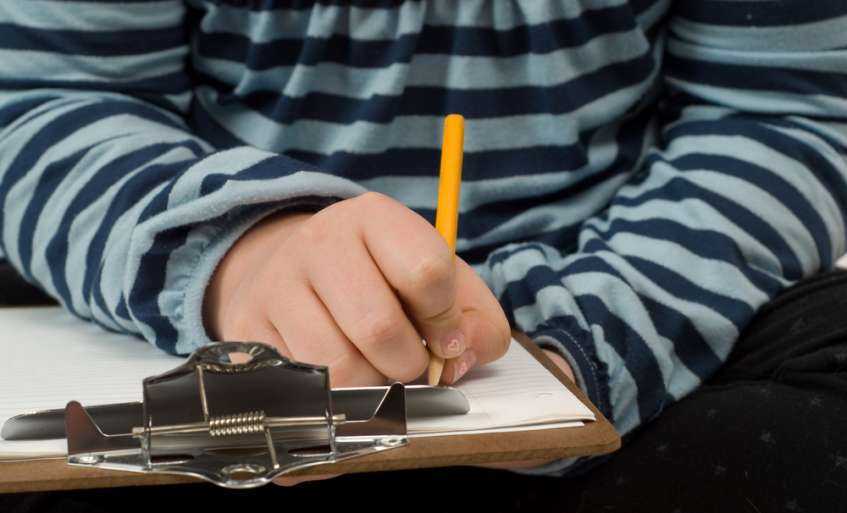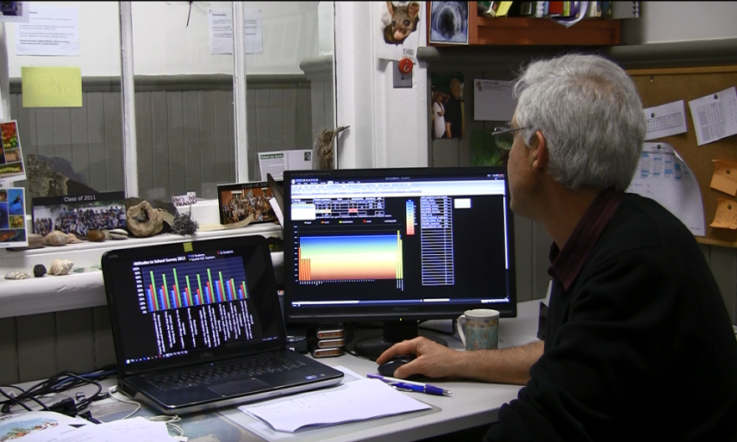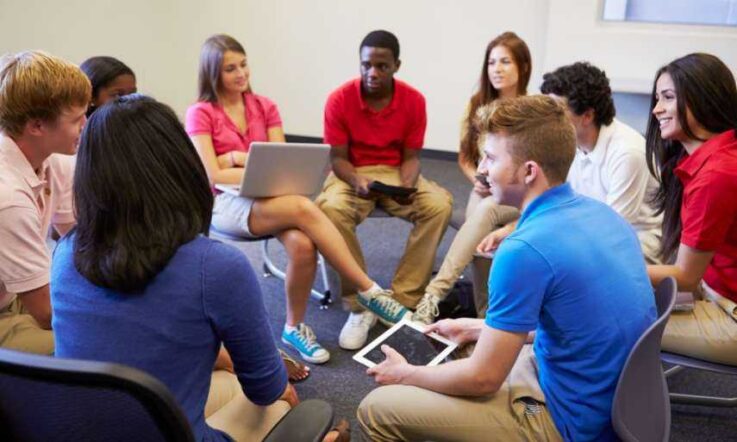The Excellence in Professional Practice Conference (EPPC) is a chance for educators to share evidence of success in their schools.
Perth principal Maryann Malzer was one of those presenting at the 2014 event, where the theme was Teachers Driving School Improvement.
In 2013, staff analysis of Year 3 and 5 NAPLAN results showed high achieving students at Quinns Baptist College were making a slower rate of progress than lower achieving students.
Here, Malzer talks to Teacher about the implementation of a 'Students as Researchers' program and the impact it's having in school.
What did the program involve?
'We run an extension program with Year 4 to 6 students, so we selected [about 16] Year 5 and 6s that would have gone into that. With this program, we decided we'd do it for one whole day, once a week for nine weeks. So it was a big commitment (that was Term 1 last year and we ran it again this year). The program consisted of five training days (led by a consultant), then we had four days where the students collected, analysed and interpreted data ... then they put presentations together.'
What data did students collect?
'Last year the children came up with ideas of things they wanted to find out about within the school. Some went to find out about different books in the library, sports, subjects the children enjoyed ... those sorts of things. The student researchers then worked out a questionnaire and gave it to different classes in the school. This year we've been asked to be an advisory group to the WA Commissioner for Children and Young People ... to find out what young children see in the community, what they like and what could be different.'
One of the aims was to develop higher order thinking skills.
'It was [about] extending them; making them think was the biggest thing – to ask the questions "Why?", "How do we know?", "What else can you tell me?", "If this is what [the data] shows you, what does that mean?"'
What were some of the other benefits?
'We sent out feedback sheets to the parents, teachers and students. We got positive feedback from all the parents as to how [their children] were really excited and coming to school on that day. One parent commented that their child, who usually would like to work independently, was really enjoying working in a group situation. Another said they'd been inundated with surveys and questionnaires – [their daughter] just ran with it and is fascinated with analysing data.
‘The student research has also led to changes in the school. Last year some of them wanted to find out about how the students settled into a new school and made friends. The data showed us that the Year 3 boys found it very difficult. I thought the new children coming in were very happy ... but obviously some of them didn't feel that way, so we were able to look at that as a school and see what we could do to improve that. So, we've implemented a social skills program and this year we haven't had any little boys finding it difficult ...'
What are the next steps?
'To compare [the original NAPLAN data we used with Year 7 data]. For some children this was their second year doing the project, so that will be interesting to see whether [the program] has made a difference. It's an ongoing process and of course our big picture is to try now, because we started this in the primary school, to get it carried through into the high school.'
Has your school developed a program where students are involved in the collection of data?
Have you used this data to make changes?
Let us know in the comments below, email teachereditor@acer.edu.au or tweet @teacheracer using the #TeacherMag hashtag.



